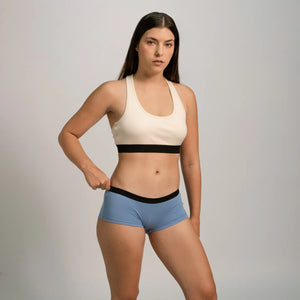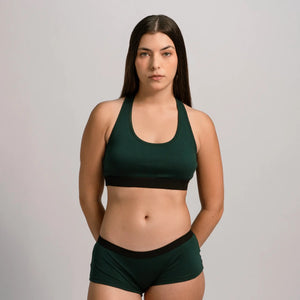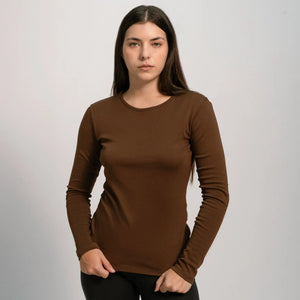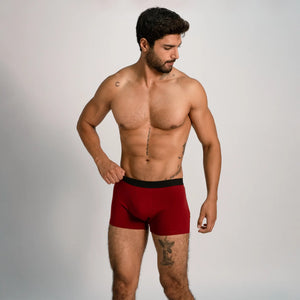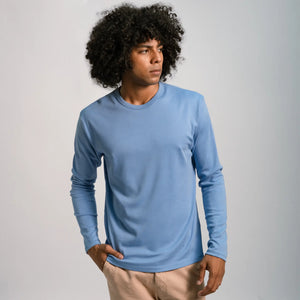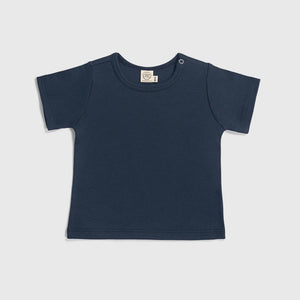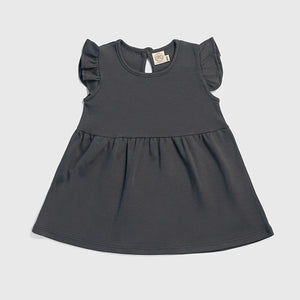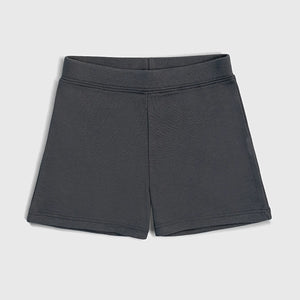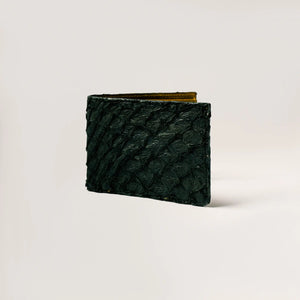Dive deep into sustainability with us.
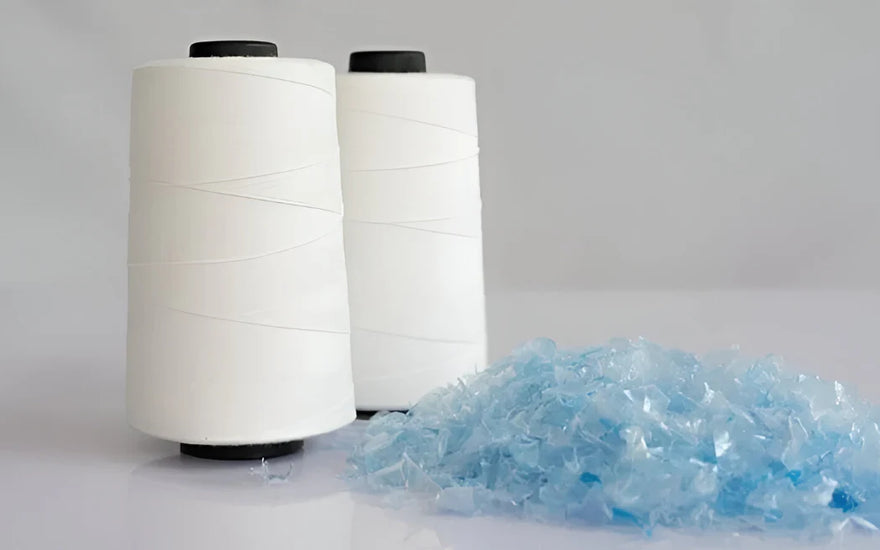
The Truth About Recycled Polyester in Fashion
Discover the hidden costs of recycled polyester. Learn why rPET isn't as sustainable as it seems and what real circular alternatives look like.

Synthetic Fabrics vs. Organic Cotton: Impact on Skin Health
Discover how polyester and other synthetic fabrics can irritate your skin and why organic cotton, especially Pima cotton, is a healthier and safer choice for sensitive skin.

What Peru Whispers: Organic Pima Cotton Grown with Tradition and Care
In the quiet corners of Peru, organic pima cotton is grown with respect for the land. A luxurious, timeless textile waiting to be discovered.
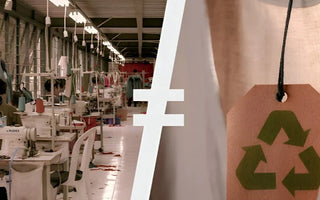
Why Sustainable Fashion Shouldn’t Be Fast Fashion
Recycled materials and green labels won’t fix fast fashion. Discover why real sustainability means slowing down.

EU Green Claims Reversal: What This Means for Greenwashing
The EU's Green Claims Directive is gone. Understand the real impact of greenwashing on your choices and learn how to identify brands that are truly transparent.

France's new law
France has taken a bold step against ultra-fast fashion, targeting brands like Shein with new environmental laws. Discover what this means for sustainability and the future of clothing.
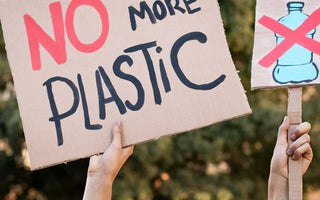
Plastic-Free July: Say No to Single-Use Plastic and Synthetic Clothing
Discover the hidden microplastic footprint of synthetic clothing and fast fashion. Explore the benefits of organic cotton for a truly sustainable wardrobe.
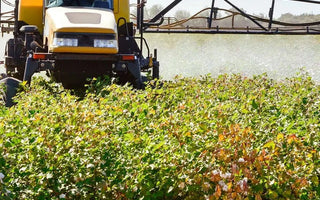
Organic Cotton vs. Conventional Cotton: Environmental, Health & Social Impact
Discover how organic cotton drastically reduces water use, pesticide exposure and environmental harm, while producing longer-lasting, toxin-free garments.
